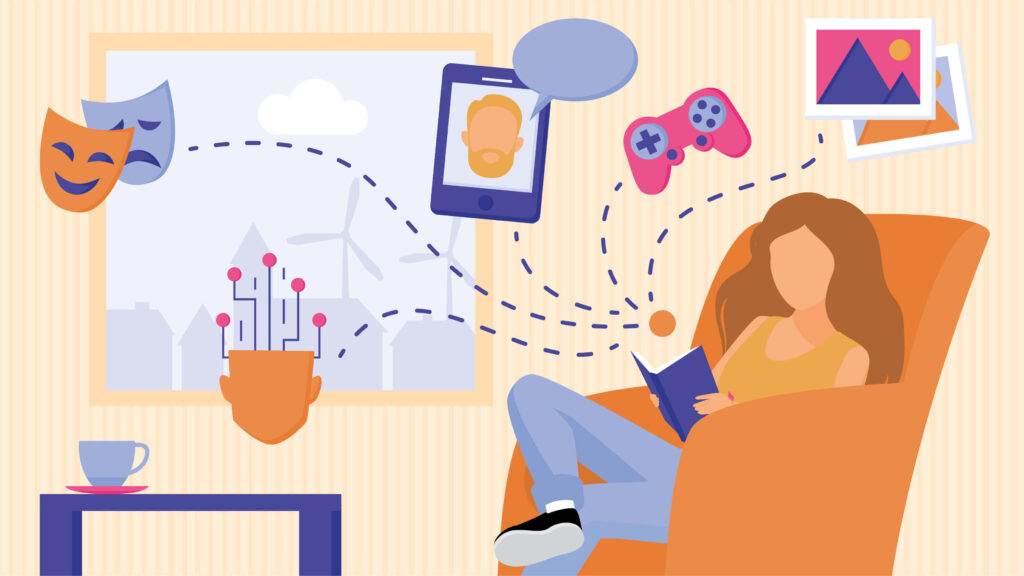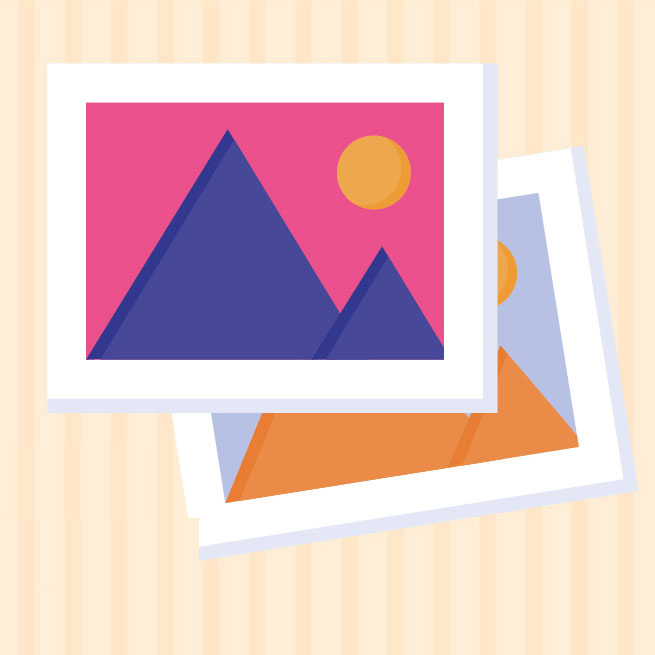Learn for Life
INDIVIDUAL + ENGAGED


In deze tijd van grote complexe vraagstukken als klimaat, immigratie en pandemieën kan de journalistiek bijna niet meer bestaan zonder activisme. Mensen moeten de correcte informatie voorgeschoteld krijgen, om zelf betere keuzes te kunnen maken. Ook zijn er door technologische mogelijkheden en creatief ondernemerschap zoveel uitingsvormen bij gekomen dat een ‘journalist’ allerlei gedaantes kan aannemen.
No diplomas
Fortunately, the time has passed when (too much) value was attached to certain diplomas such as a college or master's degree. Society is finally recognizing that you learn for life and not for school. You yourself can also put together a good 'training course'. That makes you much more valuable.
It is therefore logical that the training, or rather the development process, is not fixed either. Learning takes place anytime, anywhere. For example, someone can attend the Art Academy and then develop into a journalist by watching films about journalism, listening to podcasts and having conversations with experts.
From postcards to apps
Development can also come about through a (chance) meeting, by helping every week at a primary school, by participating in communities on a certain (unknown) theme, by making big mistakes, by collaborating with people from other disciplines, by watching a TED talk or specifically following a tutorial.
The skills are not fixed logically, except that often a good dose of creativity is involved: why should the work be limited to written or audiovisual productions? A journalist can also publicize his work via postcards, apps, interactive theater performances or virtual reality.
Co-creation with the public
Knowledge also depends on which direction someone is taking. Anyone can fully immerse themselves in a particular subject and thus develop substantive expertise, for example as a climate journalist or human rights activist, working in co-creation with the public. Because what else are you doing it for?
Technology without boundaries
Now that technology no longer seems to have boundaries, the possibilities for production are unprecedented. Robots can conduct interviews (and come up with surprising information), algorithms scrape data, suggest perspectives, make podcasts and generate their own images ('The Netherlands flooded due to sea level rise').
With people listening more and more, 3D audio productions have really taken off. Everyone listens to this in public transport, on a bicycle, in the bath and in bed. In addition, more and more productions are dominated by experience and perception. In virtual reality you can experience what it is like to float in a boat on the Mediterranean as a migrant or to be discriminated against because of your gender. The possibilities are endless.
The art for the journalist is mainly to use all these possibilities creatively and to bring together the right people that will enable him to work with this technology.
You learn together.
Zoë, peer (aged 35)
“I never believed in a master-apprentice relationship or a coaching teacher. That is much too narrow-minded. Even if you mention your teacher, everyone learns, especially if you work together with others. My goal is to get the best out of every person and in collaboration. And of course I sometimes know more about something, but the trick is to grow together. That's why I like to do projects in which we explore together where the boundaries lie and where an individual can discover which way he or she wants to go.”
I make productions that make the world a bit better.
I'll figure it out myself.
Bo, creative, unknown how long (aged 25)
“As a child I always wanted to do everything myself. Dressing myself, eating, doing homework... I still have that attitude: I'll figure it out myself. I do consider myself a real journalist, although I have no diplomas in that field at all. I just started doing it and learned along the way. By talking to journalists, messing around yourself, following MOOCs and doing all kinds of freelance assignments. I use journalism to expose social issues. For example, I am now committed to highly educated migrants who all work far below their level here, because their diplomas do not apply here. Why isn't that more of a concern? In cooperation with some of these people, I recently made a virtual reality theater piece that you can watch on your phone when you walk past all kinds of workplaces. In it we let people experience what it's like when they’re being looked down upon. That's how it really gets to someone.”
I make productions that make the world a bit better.
